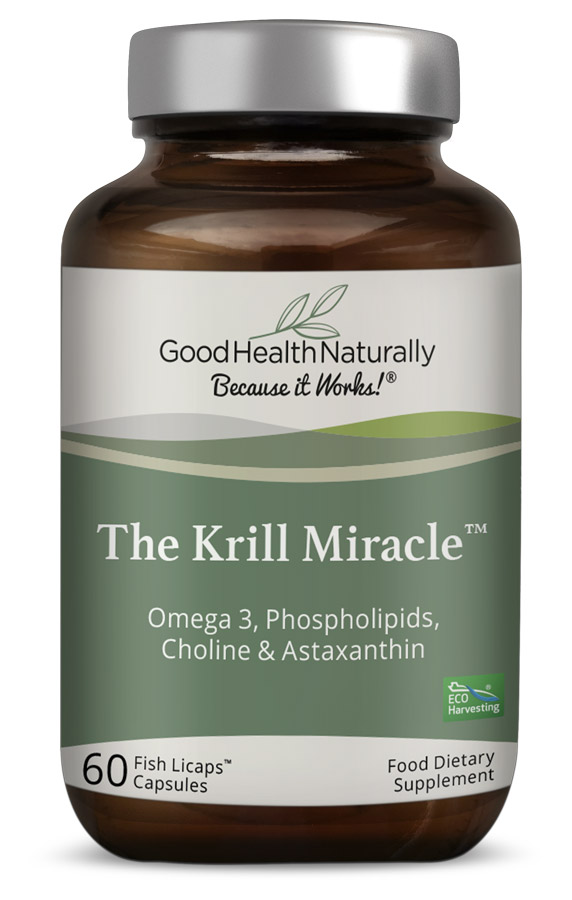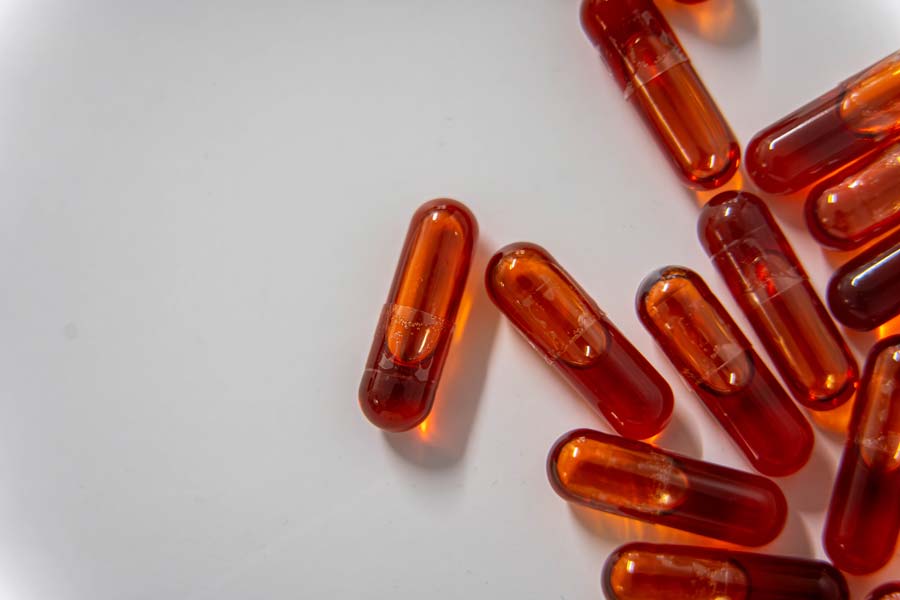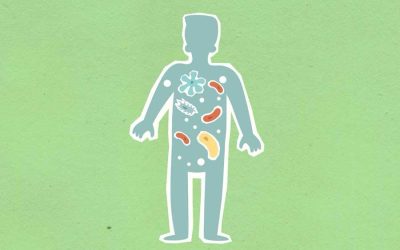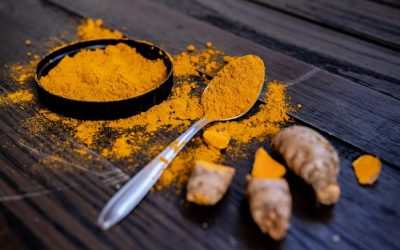Weight loss is widely celebrated for its health benefits, but a frequently overlooked challenge is muscle loss. Rapid reductions in body weight, whether through diet or medications such as GLP-1 receptor agonists like semaglutide (Ozempic®) or tirzepatide (Mounjaro®), often come with a decline in lean muscle tissue. Losing muscle can slow metabolism, decrease physical strength, and compromise long-term health, particularly in older adults or those on aggressive weight-loss programs.
Emerging research indicates that krill oil and muscle loss are closely linked, as krill oil may help preserve lean tissue, enhance metabolic efficiency, and even boost energy levels during weight reduction.
The Importance of Muscle Preservation
Muscle plays a vital role beyond aesthetics; it is central to metabolic health, mobility, and overall vitality. Lean muscle tissue contributes to basal metabolic rate, supports insulin sensitivity, and is essential for maintaining independence as we age. When muscle is lost during weight reduction, individuals may experience slower metabolism, reduced strength, and increased risk of frailty and sarcopenia, the age-related decline in muscle mass.
Preserving muscle during weight loss is therefore crucial, not only for maintaining physical function but also for long-term health outcomes.
This is particularly significant for older adults and anyone undergoing calorie-restricted diets or using GLP-1 medications that accelerate fat loss, as the risk of lean tissue loss is higher in these populations.
GLP-1 Medications and Muscle Loss
GLP-1 receptor agonists, such as semaglutide (Ozempic®) or tirzepatide (Mounjaro®), have become a popular tool for weight management due to their ability to reduce appetite, slow gastric emptying, and improve blood sugar regulation. These drugs have demonstrated impressive fat-loss results in clinical trials.
However, research indicates that a notable portion of the weight lost—up to 40%—may be lean muscle rather than fat. This unintended consequence, sometimes referred to as GLP-1–related muscle loss, raises important questions about how to safely achieve fat reduction while preserving muscle mass.
Maintaining lean tissue is essential for long-term metabolic health, physical performance, and overall wellbeing, making nutritional strategies to protect muscle increasingly relevant for people using these medications or pursuing aggressive dietary interventions.
Aker BioMarine Krill Oil Research: Evidence for Muscle Preservation
In 2025, Aker BioMarine published a pivotal study examining the effects of krill oil supplementation on adults following a calorie-restricted diet. The research demonstrated that participants who took krill oil retained significantly more lean muscle mass compared to those receiving a placebo. The study highlighted the role of krill oil’s unique composition—phospholipid-bound omega-3s and choline—in supporting muscle cell structure, mitochondrial function, and protein synthesis. Participants also maintained higher levels of strength and functional performance, showcasing practical benefits beyond body composition metrics.
These findings underscore the potential of krill oil to act as a nutritional safeguard against muscle loss, especially for individuals who are dieting or using GLP-1 medications.
For more details, the study summary is available here: Aker BioMarine Research Summary.
Clinical Insights in Older Adults and Calorie-Restricted Diets
Additional clinical research provides further insights into the effects of krill oil on muscle health.
Muscle Strength Improvements
In adults over 65, krill oil supplementation improved grip strength, thigh muscle thickness, and neuromuscular response after six months, even without added exercise.
These improvements indicate that krill oil can enhance functional strength and muscle quality in older populations, making it particularly valuable for those at risk of sarcopenia.
Metabolic Benefits and Energy Support
The studies also observed metabolic benefits: muscle cells in participants taking krill oil burned fat more efficiently, and levels of leucine, an amino acid that signals the body to build new muscle tissue, increased.
Furthermore, genes responsible for transporting sugar into muscle cells were activated, supporting both energy utilisation and metabolic health.
Together, these findings illustrate that krill oil and muscle loss are directly addressed, showing that supplementation can protect muscle while supporting metabolism and energy.
 Why Krill Oil is Unique
Why Krill Oil is Unique
Krill oil differs from traditional fish oil in several meaningful ways. Its omega-3 fatty acids are bound to phospholipids, which improves absorption into muscle and brain tissues compared to the triglyceride form found in fish oil.
Choline, another key nutrient in krill oil, supports fat metabolism and is essential for the neurotransmitter acetylcholine, which is vital for muscle contraction.
Additionally, krill oil contains astaxanthin, a potent antioxidant that helps reduce oxidative stress, a factor that can accelerate muscle degradation.
These qualities make krill oil particularly suited for maintaining muscle mass during weight loss, even in populations at higher risk, such as older adults or those undergoing calorie restriction.
You can read more on the differences between krill oil and fish oil in our article here. https://naturallyhealthynews.info/krill-oil-vs-fish-oil-the-ultimate-omega-3-comparison/
How Krill Oil Supports Muscle: Mechanisms Explained
Krill oil supports muscle preservation through multiple interconnected mechanisms.
Protein Synthesis and Muscle Growth
By stimulating pathways such as mTOR, omega-3 fatty acids help drive muscle protein synthesis, supporting muscle growth and repair.
Inflammation Reduction
Omega-3s reduce inflammation, lowering levels of cytokines that contribute to muscle breakdown.
Mitochondrial Function and Energy Use
Enhanced mitochondrial function ensures that muscle cells produce energy efficiently, supporting both performance and metabolism.
Leucine Signalling and Glucose Transport
Increased leucine availability promotes new muscle formation, while activation of genes responsible for glucose transport ensures energy is effectively delivered to muscle cells.
Oxidative Stress Protection
Astaxanthin reduces oxidative stress, protecting muscle tissue during periods of rapid fat loss.
Collectively, these mechanisms explain how krill oil and muscle loss are directly linked.
Practical Guidance for Krill Oil Supplementation
For individuals looking to preserve muscle during weight loss, practical use of krill oil is straightforward.
Dosage and Timing
Typical dosages range from 1 to 4 grams daily, depending on the specific formulation and individual body size. To enhance absorption, it is best taken with meals. Consistent daily use is recommended to achieve measurable effects, which studies suggest may appear within several weeks, with significant improvements often noted by six months.
Combining with Protein and Exercise
Krill oil is most effective when combined with a sufficient protein intake and regular resistance training. Even for individuals unable to exercise intensely, krill oil has been shown to offer benefits in preserving strength, enhancing muscle function, and supporting metabolic health.
Who Can Benefit Most from Krill Oil
In terms of its benefits for muscle loss, krill oil supplementation is particularly valuable for older adults, individuals using GLP-1 medications, and those following calorie-restricted diets. Athletes or fitness enthusiasts seeking to maintain lean muscle during fat-loss phases may also benefit. Notably, krill oil can provide measurable improvements in muscle strength and metabolic function even in the absence of additional exercise, making it broadly applicable for a variety of individuals.
Integrating Krill Oil into a Holistic Strategy
While krill oil is effective on its own, it works best as part of a comprehensive muscle-preservation strategy.
Dietary Considerations
A protein-rich diet that includes lean meats, fish, legumes, and plant-based proteins provides the essential building blocks for muscle growth.
Resistance Training
Resistance training involves exercises that make your muscles work against a force, such as lifting weights, using resistance bands, or performing bodyweight exercises like push-ups and squats. Doing these exercises at least two to three times per week enhances strength, supports lean tissue maintenance, and works synergistically with krill oil to help prevent muscle loss.
Micronutrients and Recovery
Adequate intake of micronutrients, particularly vitamin D, magnesium, and B vitamins, supports energy production and muscle repair.
Quality sleep is also crucial for recovery and hormonal balance.
Combining these lifestyle measures with krill oil supplementation offers a strong, evidence-based approach to maintaining muscle mass and metabolic health during weight loss, directly addressing concerns around krill oil and muscle loss.
Frequently Asked Questions
Is krill oil more effective than fish oil for preventing muscle loss?
Yes. Krill oil and muscle loss prevention are closely linked because krill oil’s phospholipid-bound omega-3s and antioxidants are absorbed efficiently and support both muscle preservation and metabolic health better than standard fish oil.
Can I take krill oil with GLP-1 weight-loss medications?
Yes. Krill oil can be safely combined with GLP-1 drugs and may help counteract muscle loss associated with these medications. Always consult a healthcare provider for personalised advice.
How quickly does krill oil help preserve muscle?
Clinical studies show measurable improvements in muscle strength and composition within six months of consistent supplementation. Some benefits, such as increased energy and improved muscle metabolism, may be noticeable sooner.
Does krill oil increase energy while protecting muscles?
Yes. By enhancing mitochondrial function and optimising muscle metabolism, krill oil supports energy production and overall performance.
Conclusion: Krill Oil and Muscle Loss
Muscle loss is a hidden risk during weight loss, particularly when using GLP-1 medications or engaging in calorie restriction. Research from Aker BioMarine, as well as additional clinical studies, demonstrates that krill oil can help preserve lean muscle mass, enhance strength, and support metabolic health.
By integrating krill oil supplementation with adequate protein intake, resistance training, and a nutrient-rich diet, individuals can achieve fat reduction while maintaining muscle and energy levels.
For those seeking to prevent muscle loss during weight loss, krill oil offers a safe, natural, and evidence-based solution that addresses both the structural and metabolic aspects of muscle health.




